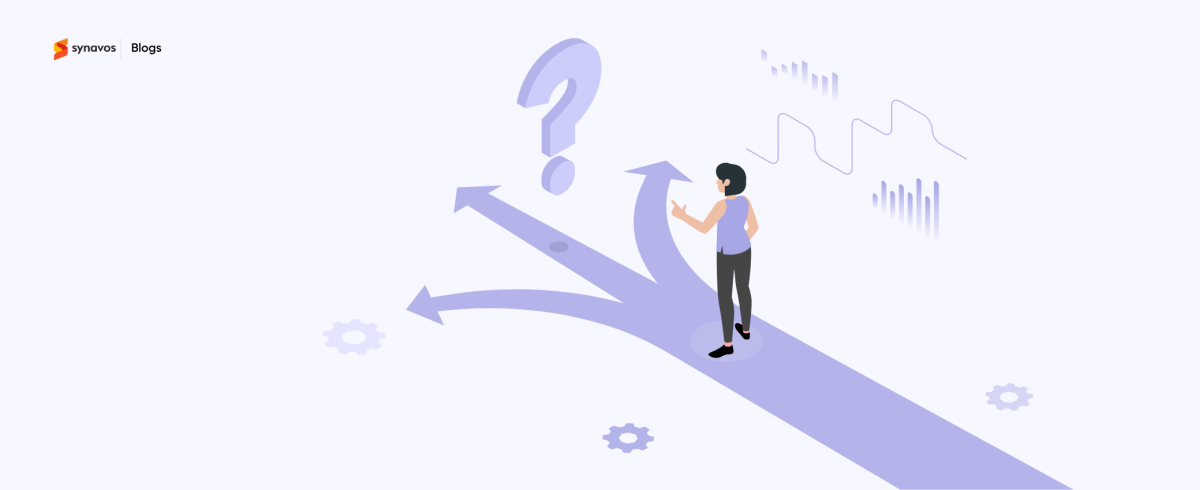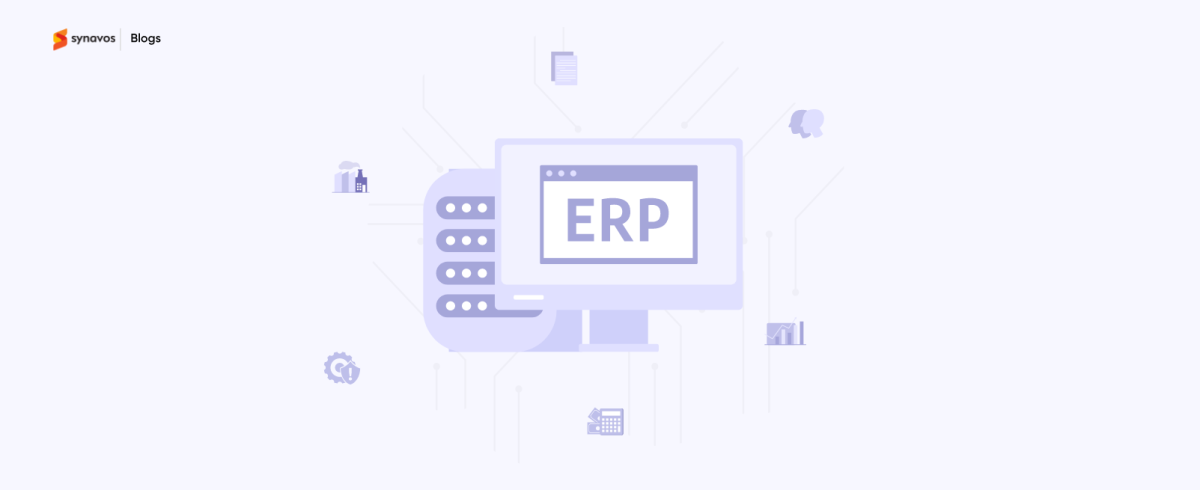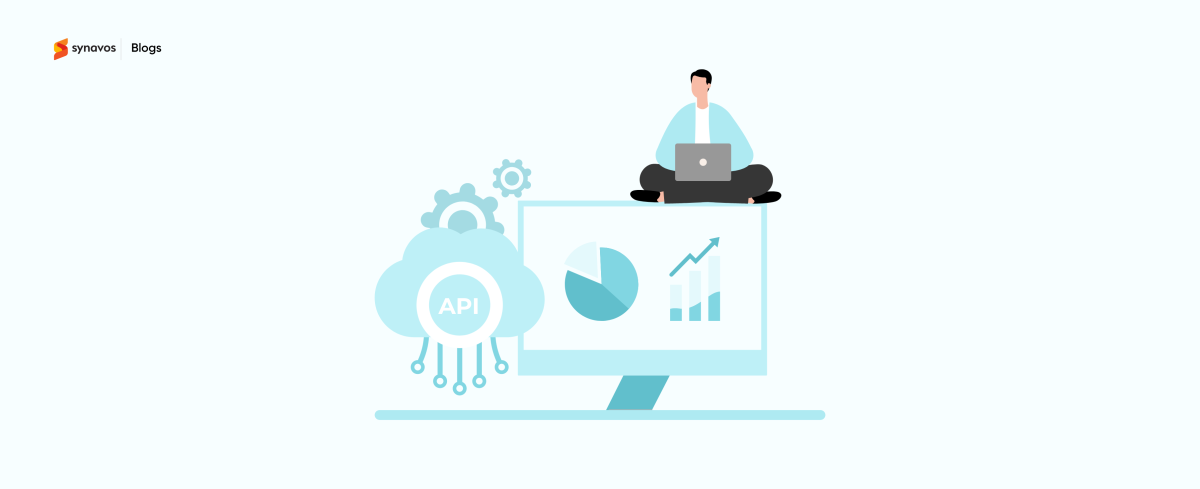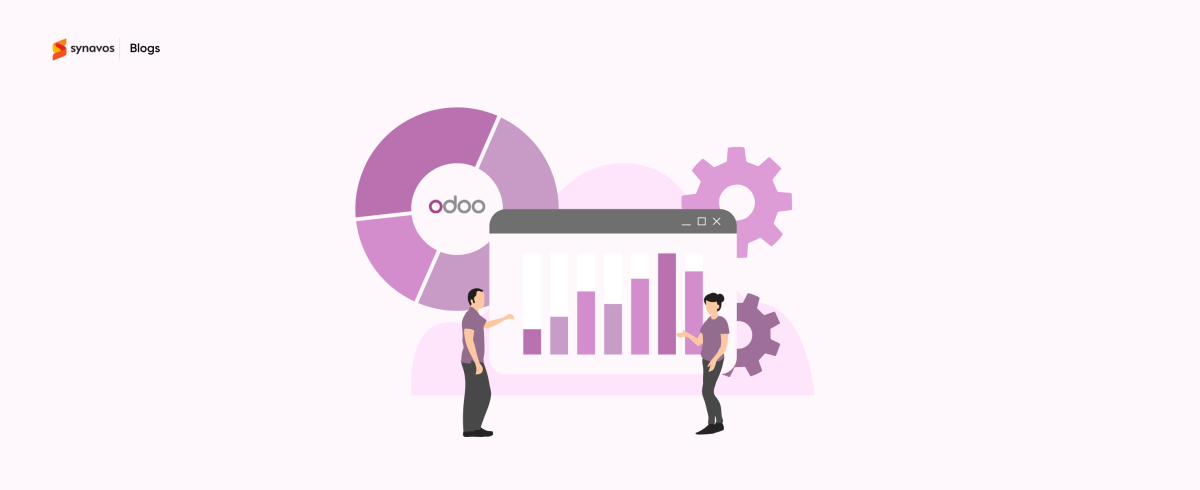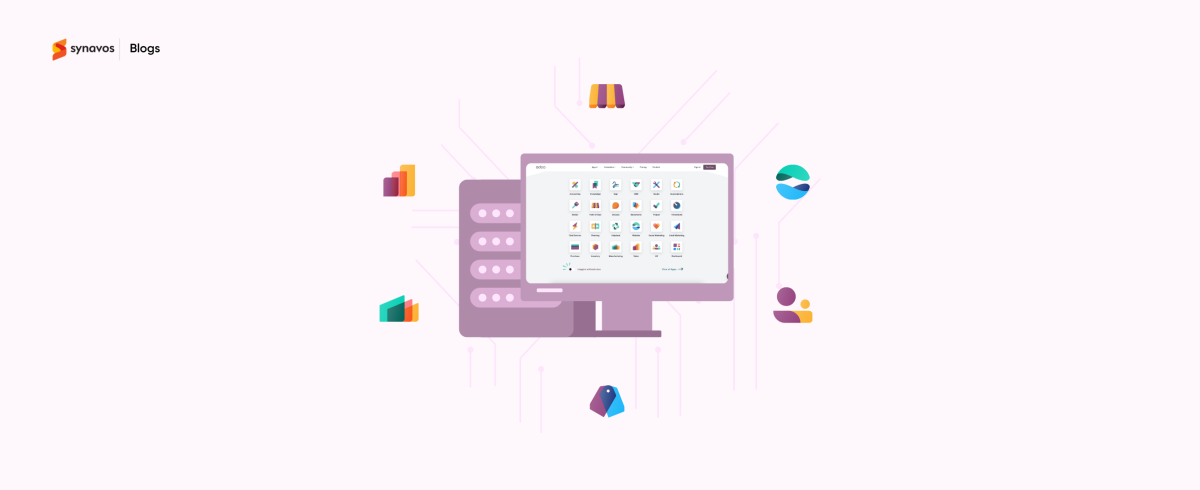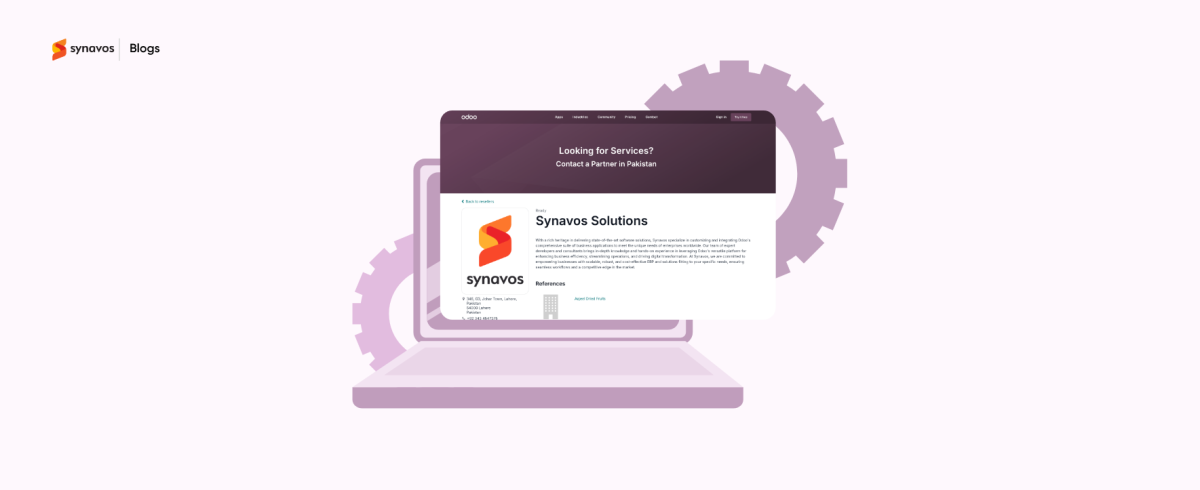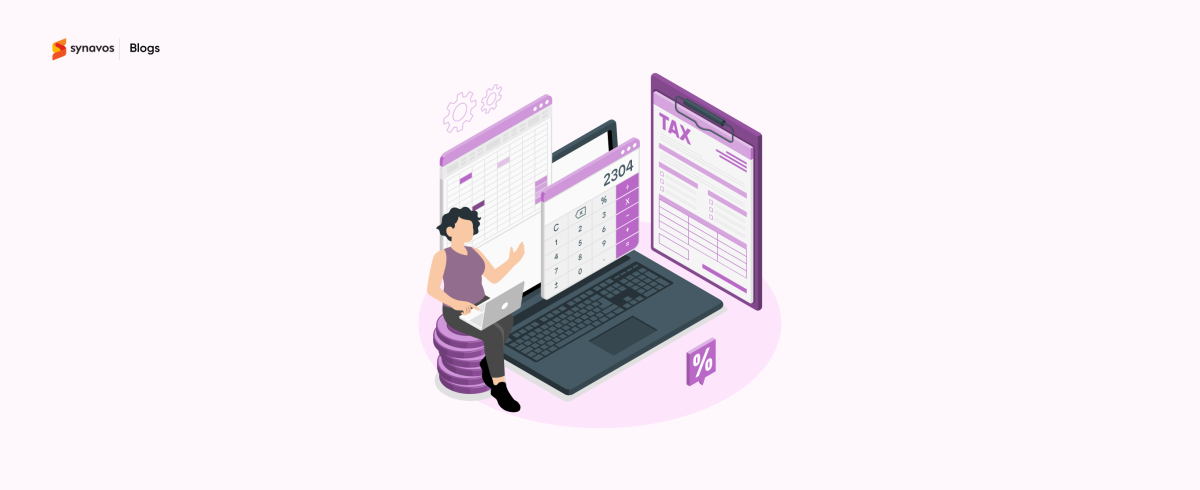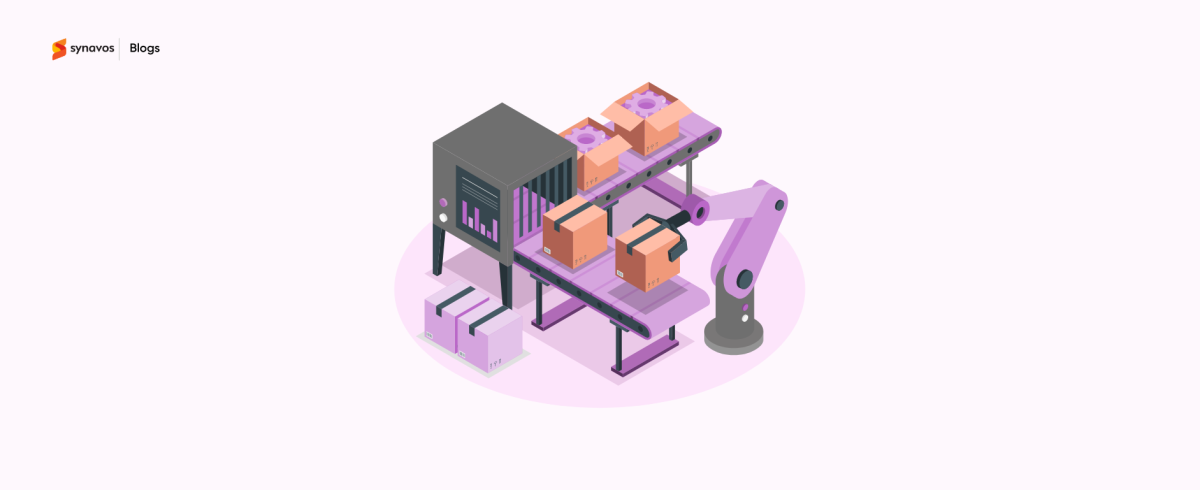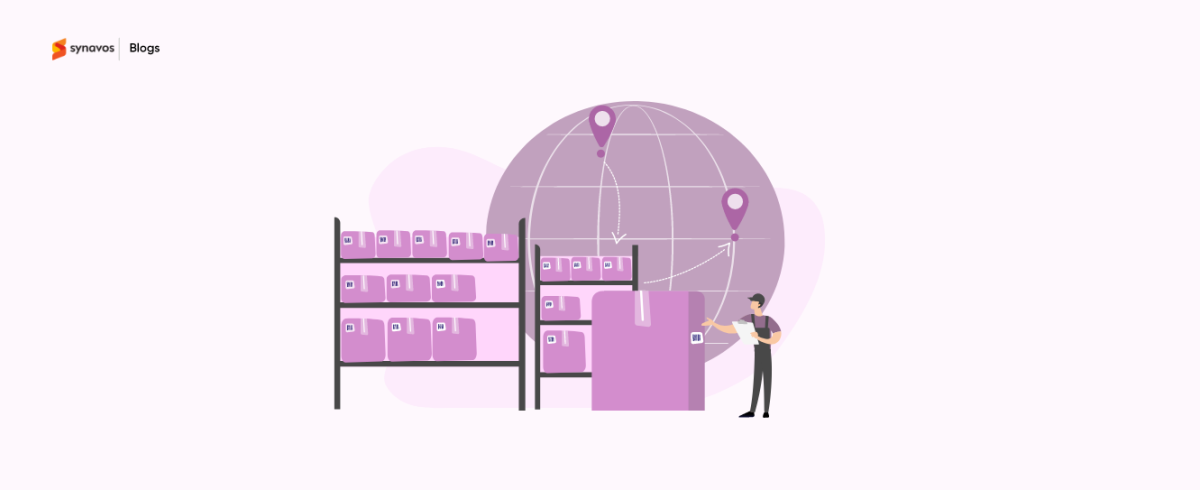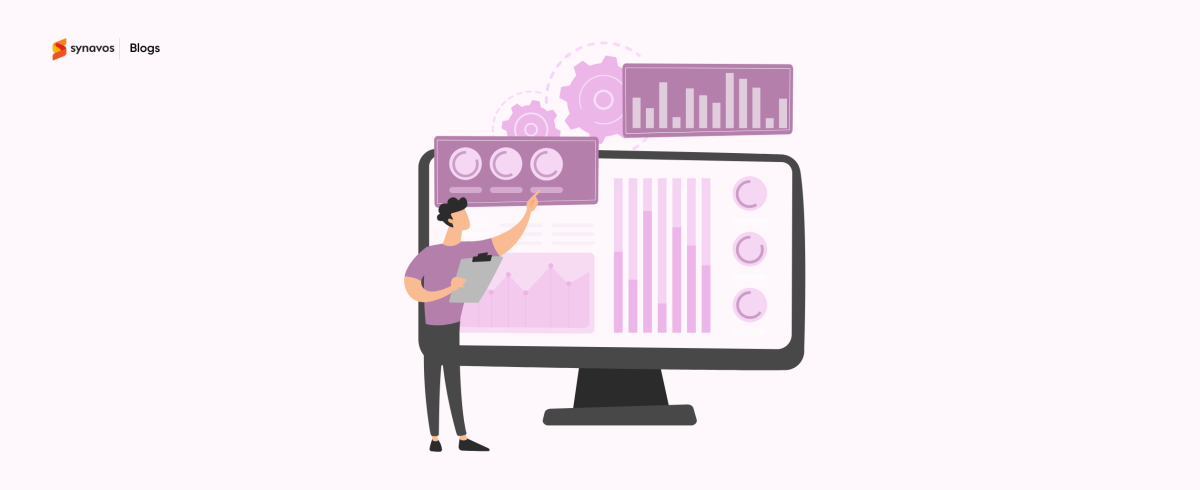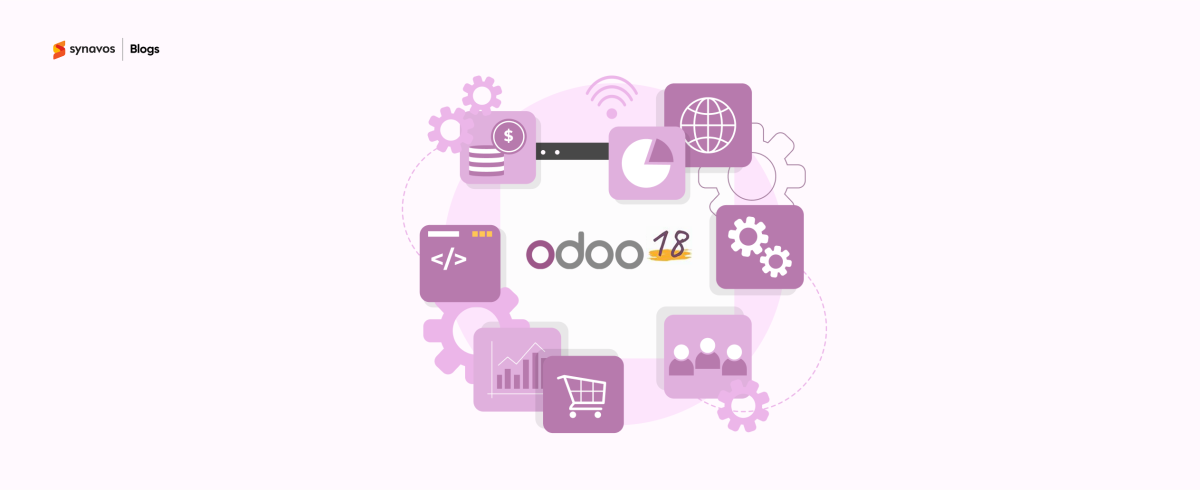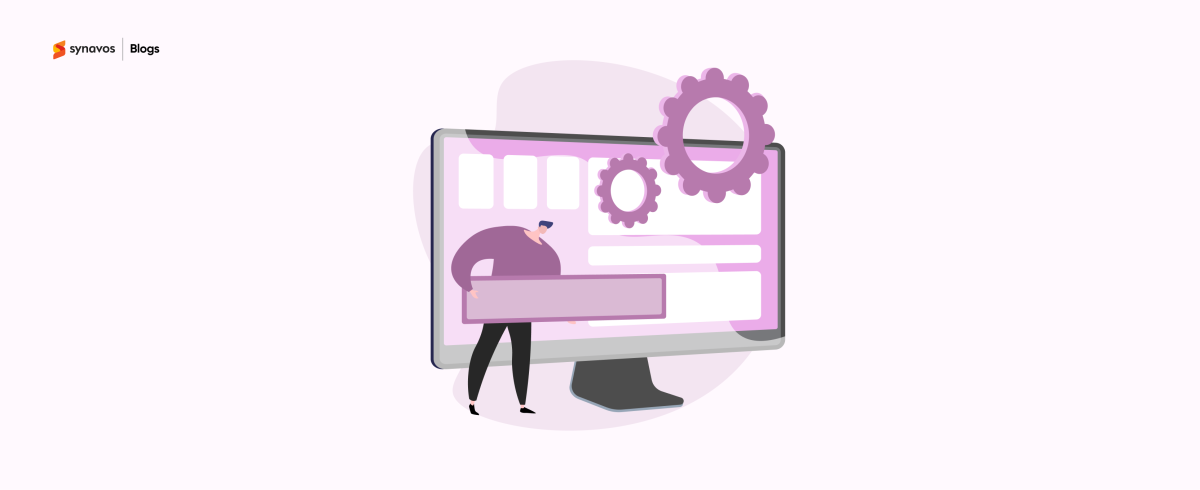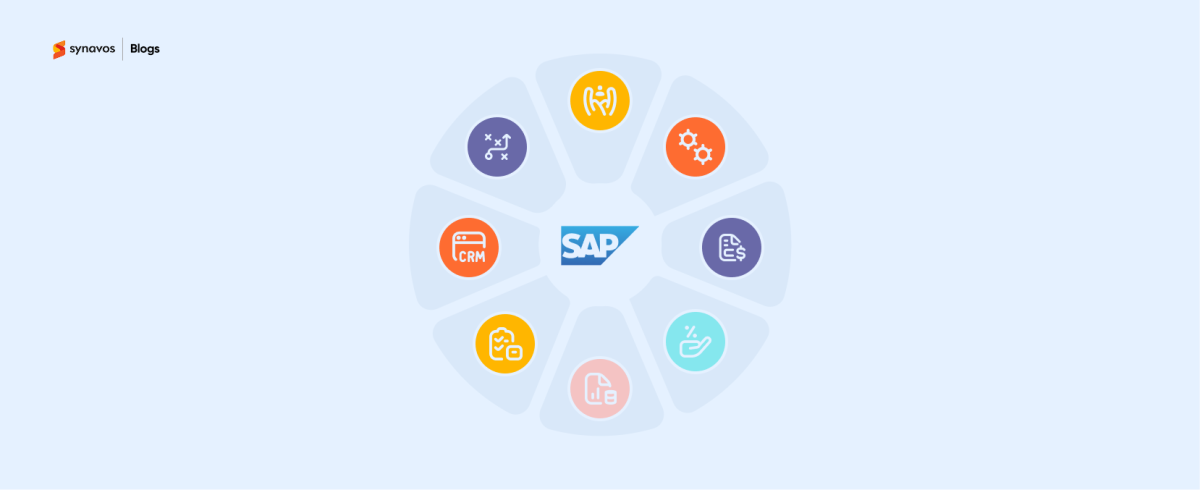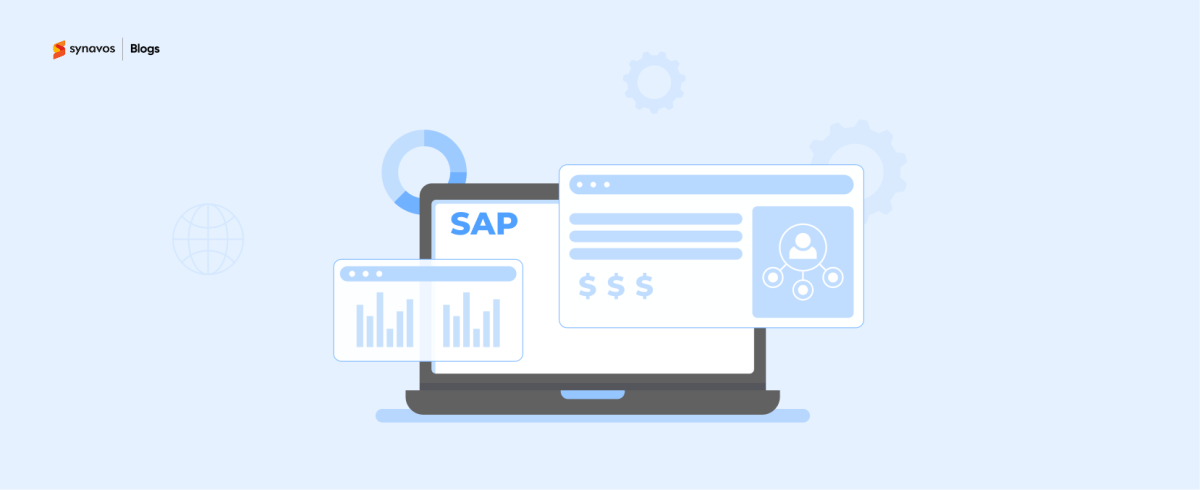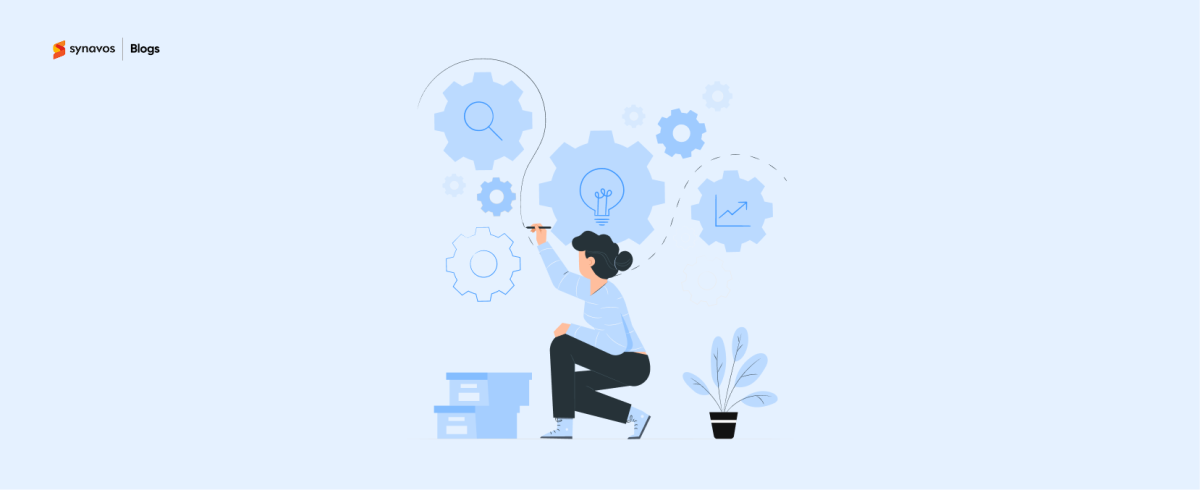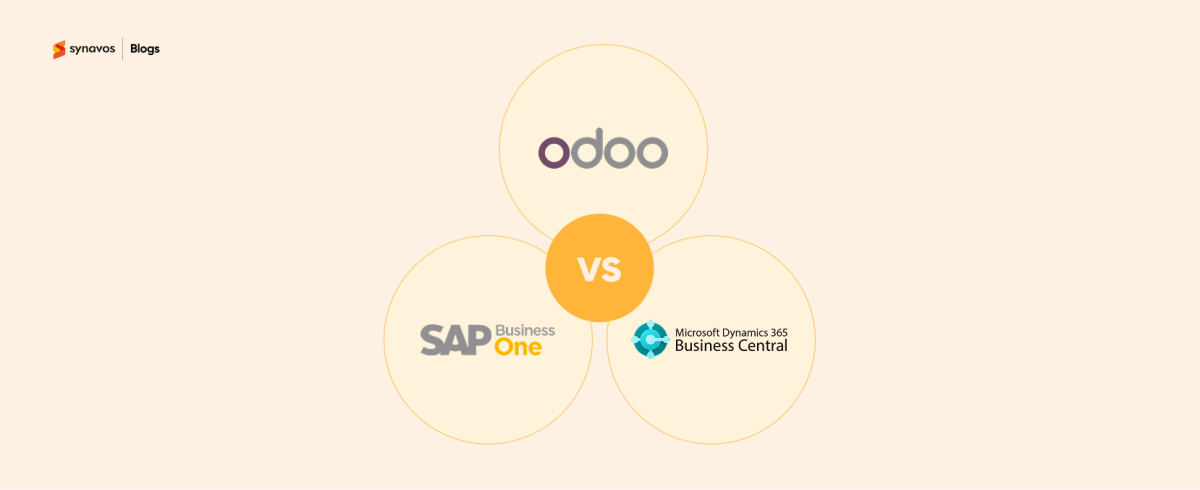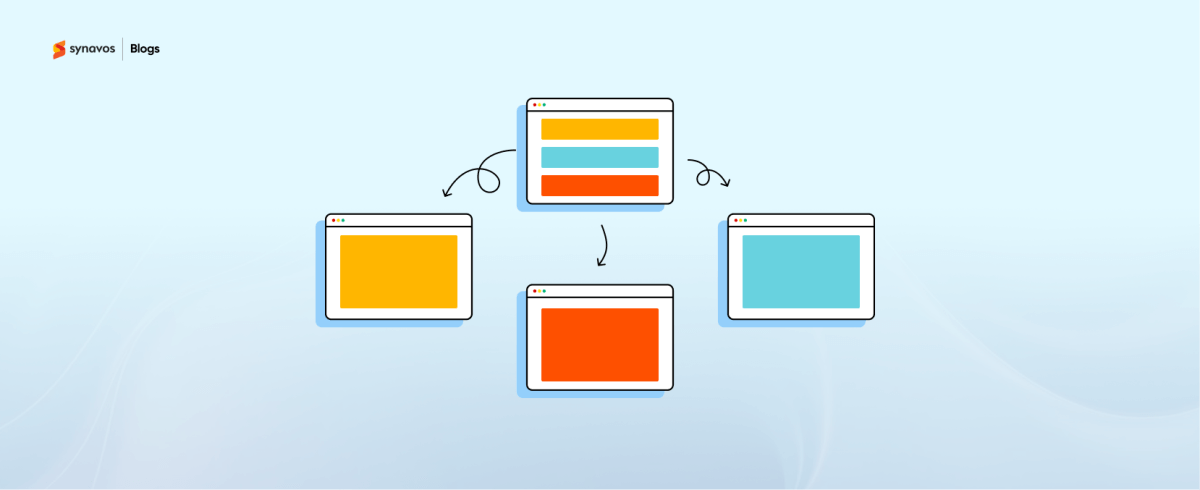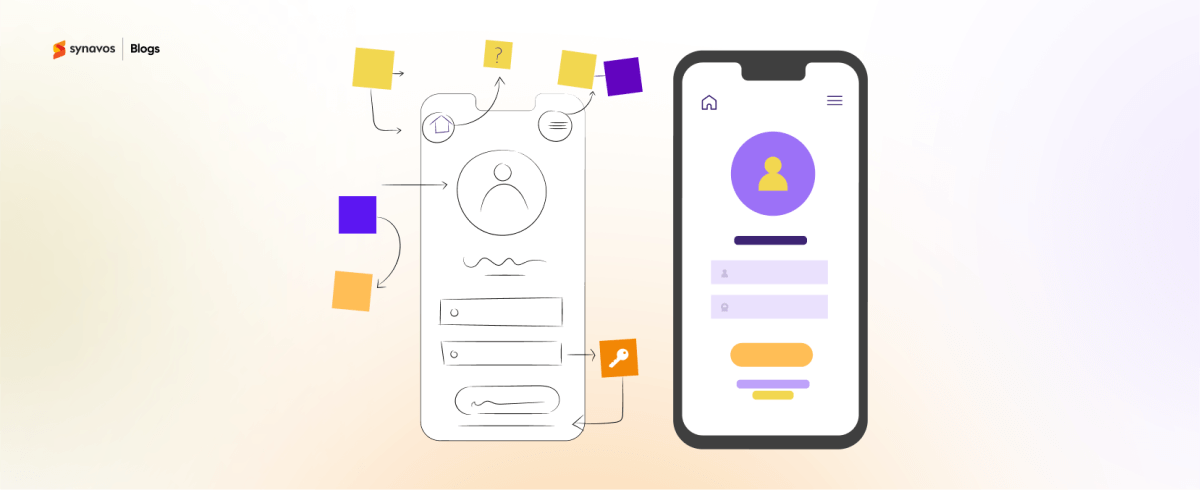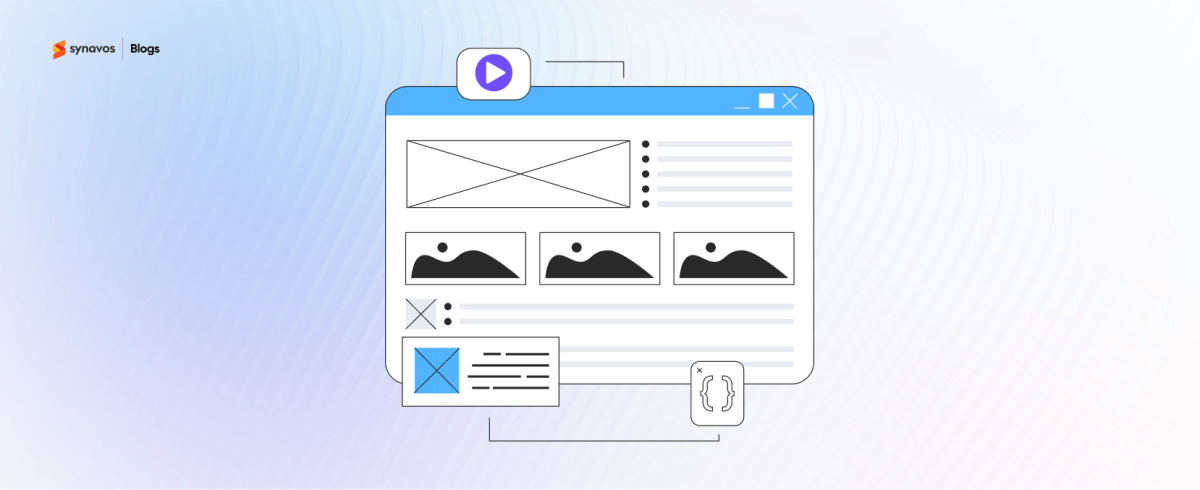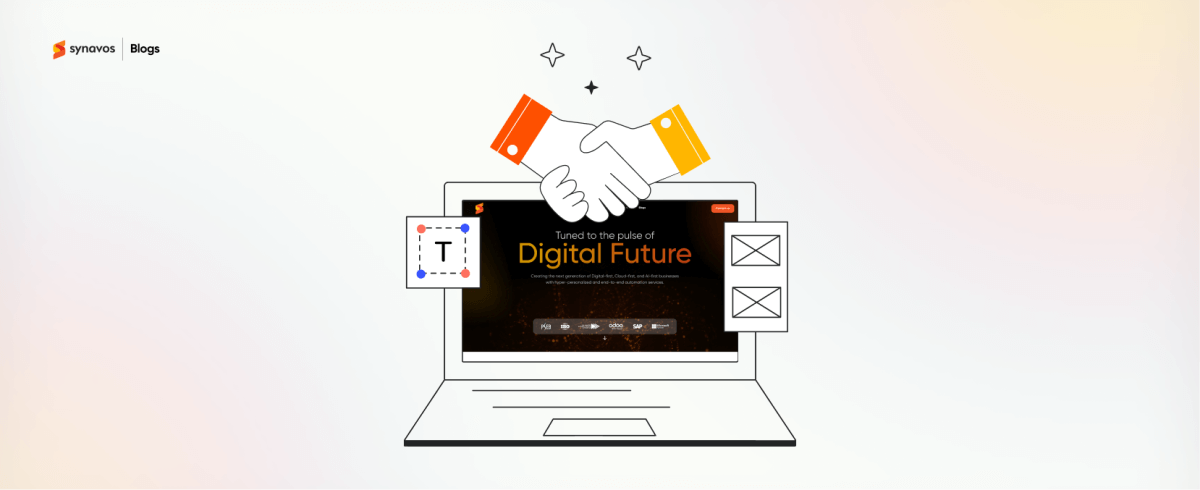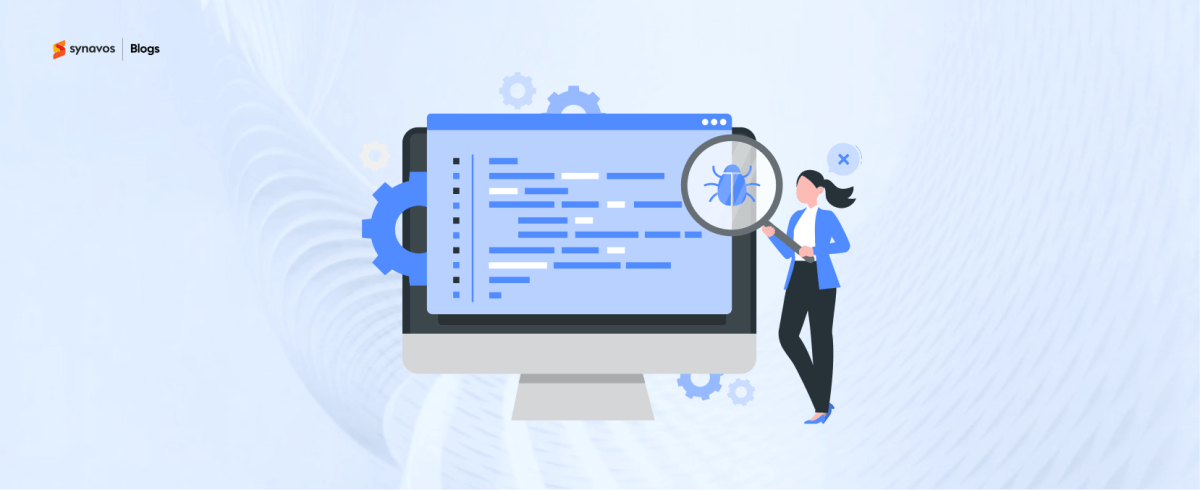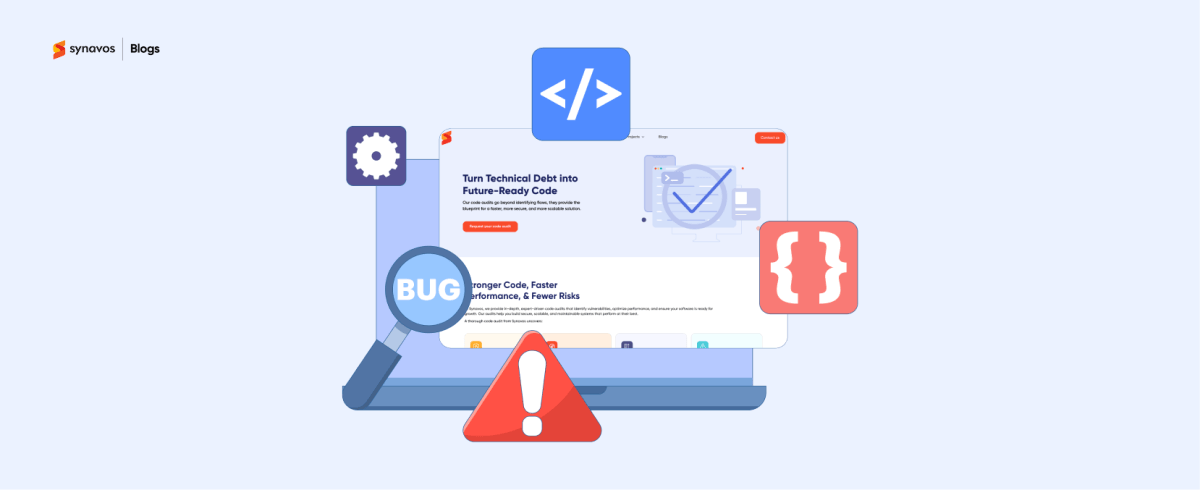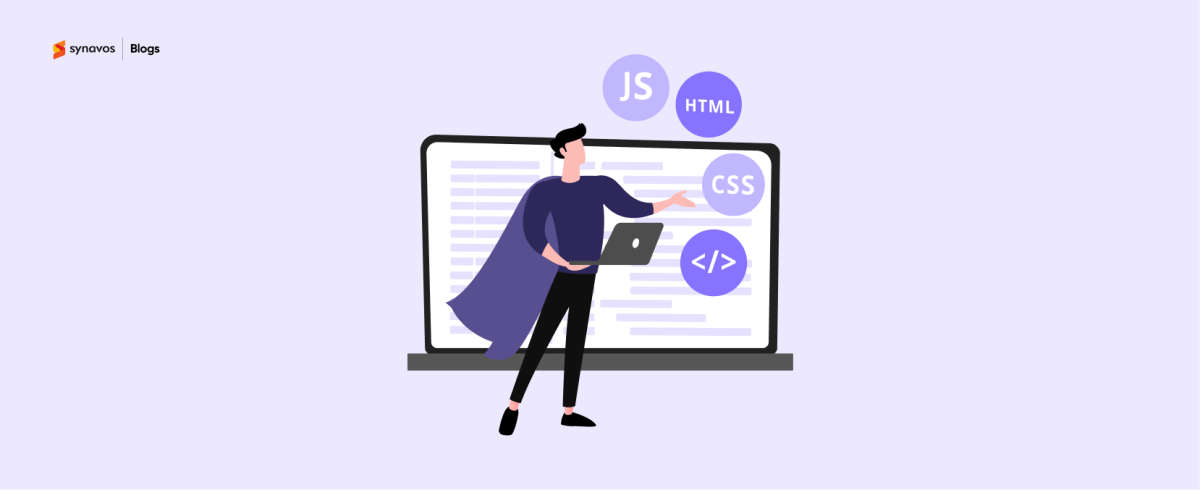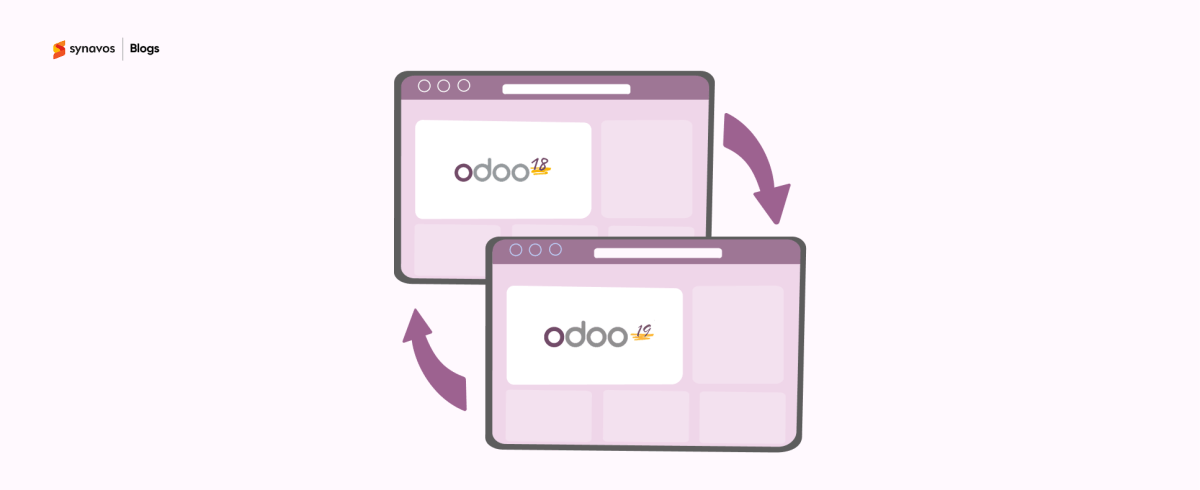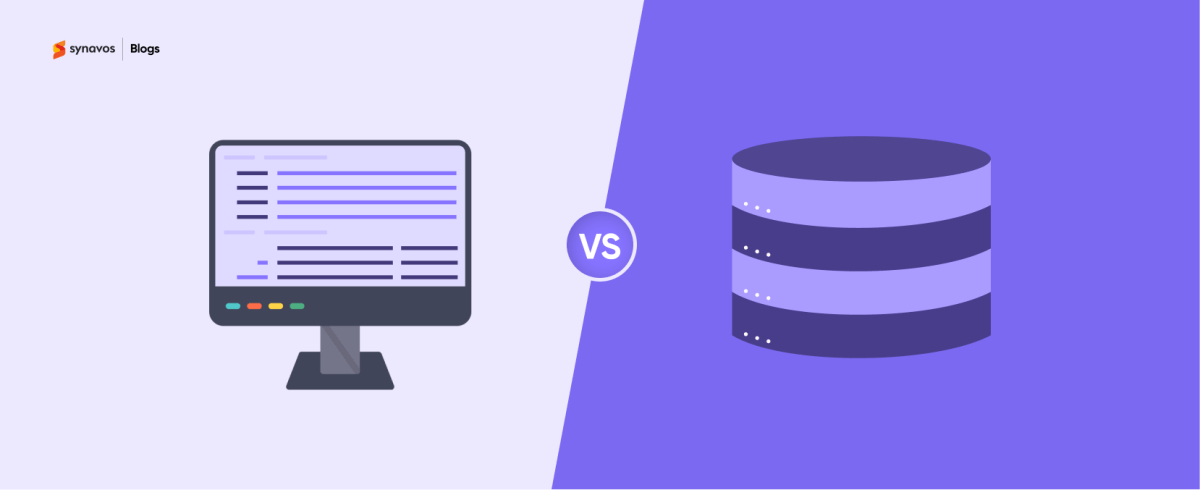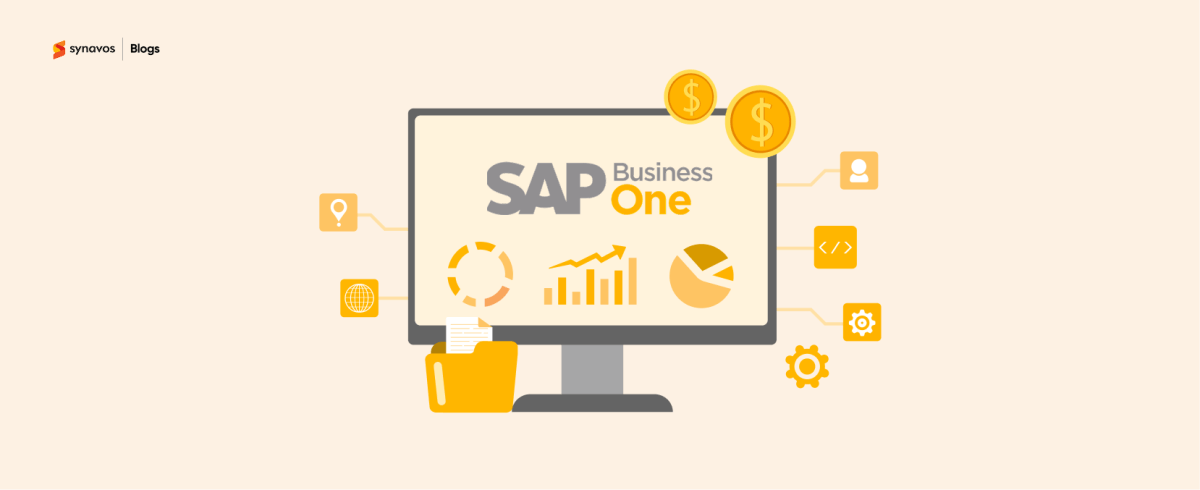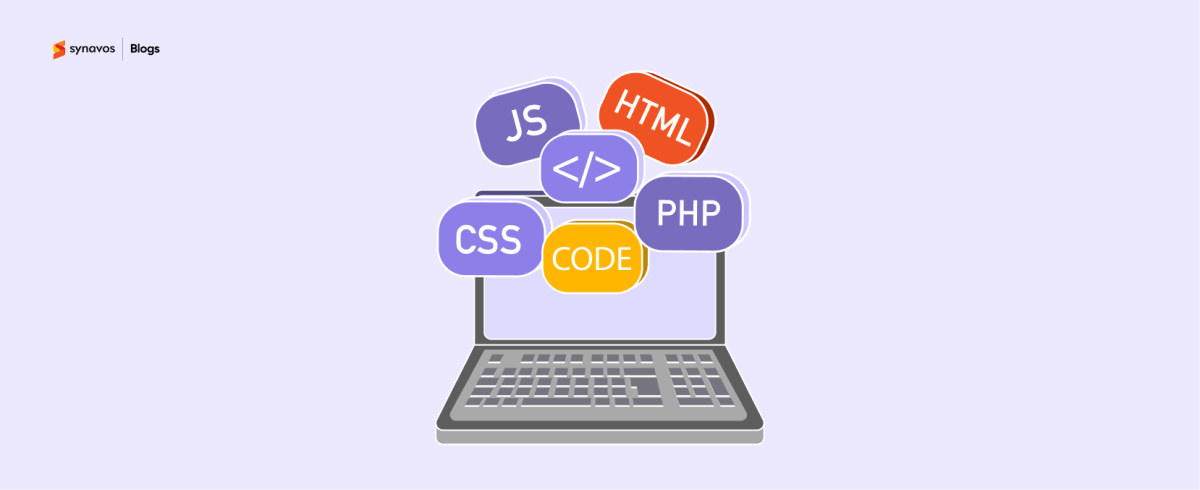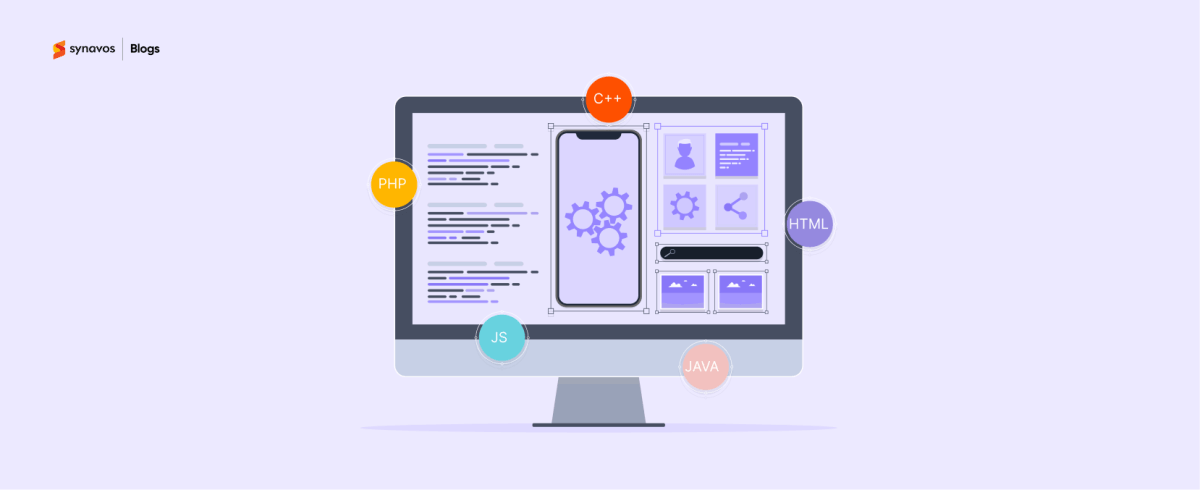ERP re-implementation involves updating and reconfiguring an existing ERP system to better align with an organization's current needs and goals. While the process may seem daunting, the benefits are numerous and far-reaching. From streamlining business processes and enhancing data accuracy to improving customer service and gaining a competitive edge, ERP re-implementation can transform the way your business operates.
Businesses can benefit from ERP re-implementation in several ways, such as:
1. Improved Business Processes
ERP re-implementation allows you to re-evaluate and optimize your business processes. Over time, workflows can become inefficient or outdated. By re-implementing your ERP, you can redesign processes to be more streamlined, eliminating bottlenecks and improving overall operational efficiency. This leads to faster task completion, reduced manual errors, and a more agile organization.
2. Enhanced Data Accuracy
Accurate data is the backbone of effective decision-making. Legacy ERP systems often suffer from data inconsistencies due to outdated data management practices. Re-implementing your ERP can integrate advanced data management techniques, ensuring that your data is accurate, up-to-date, and easily accessible. This enhances the reliability of your reporting and analytics, enabling better strategic decisions.
3. Better Inventory Management
Effective inventory management is crucial for minimizing costs and meeting customer demands. An outdated ERP system can lead to inventory inaccuracies, overstocking, or stockouts. A re-implemented ERP can provide real-time visibility into inventory levels, automate replenishment processes, and improve forecasting accuracy. This ensures that you have the right products available at the right time, reducing carrying costs and increasing customer satisfaction.
4. Increased Operational Visibility
Operational visibility is essential for identifying inefficiencies and areas for improvement. Re-implementing your ERP can provide comprehensive dashboards and reporting tools that give you real-time insights into your operations. This increased visibility helps management monitor performance, identify trends, and make informed decisions quickly.
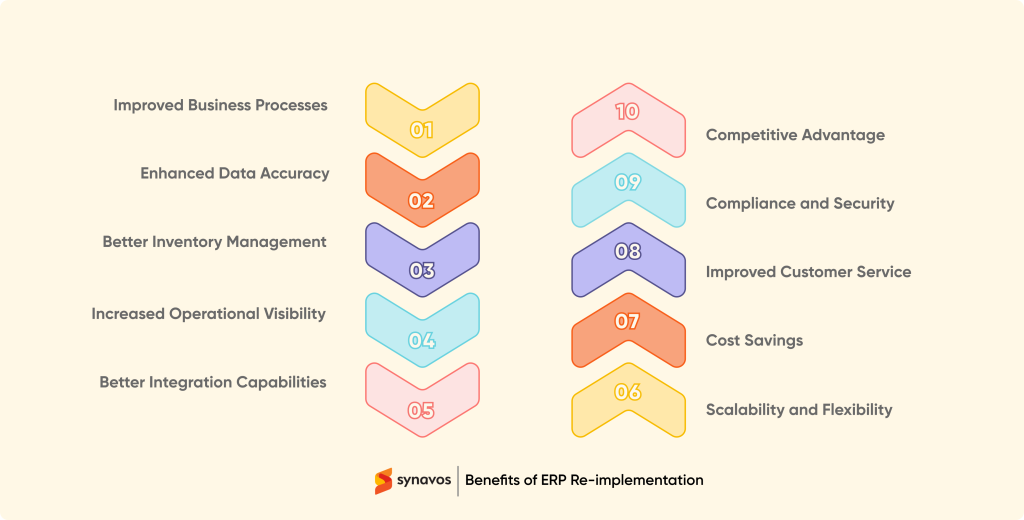
5. Better Integration Capabilities
Modern businesses rely on various software applications to function effectively. Re-implementing your ERP can improve its integration capabilities and allow seamless connectivity with other business applications such as CRM, SCM, and HRM systems. The result is a smoother data flow between systems, enhanced overall efficiency, and a significant reduction in risk of data silos.
In case you're unsure whether your business could benefit from this process, check out our guide on the Top 10 Signs Your Business Needs ERP Re-implementation.
6. Scalability and Flexibility
As your business grows, your ERP system must be able to scale with it. An outdated ERP system may struggle to handle increased transaction volumes or new business processes. Re-implementing your ERP ensures it is scalable and flexible, capable of adapting to your business’s changing needs and supporting future growth without significant disruptions.
7. Cost Savings
While re-implementing an ERP system involves an initial investment, the long-term cost savings can be substantial. ERP markets will generate USD 52.33 billion in revenue by 2024, proving this point. Improved efficiency, better inventory management, and reduced manual errors all contribute to lower operational costs. Additionally, modern ERP systems often have lower maintenance and upgrade costs compared to legacy systems, providing ongoing financial benefits.
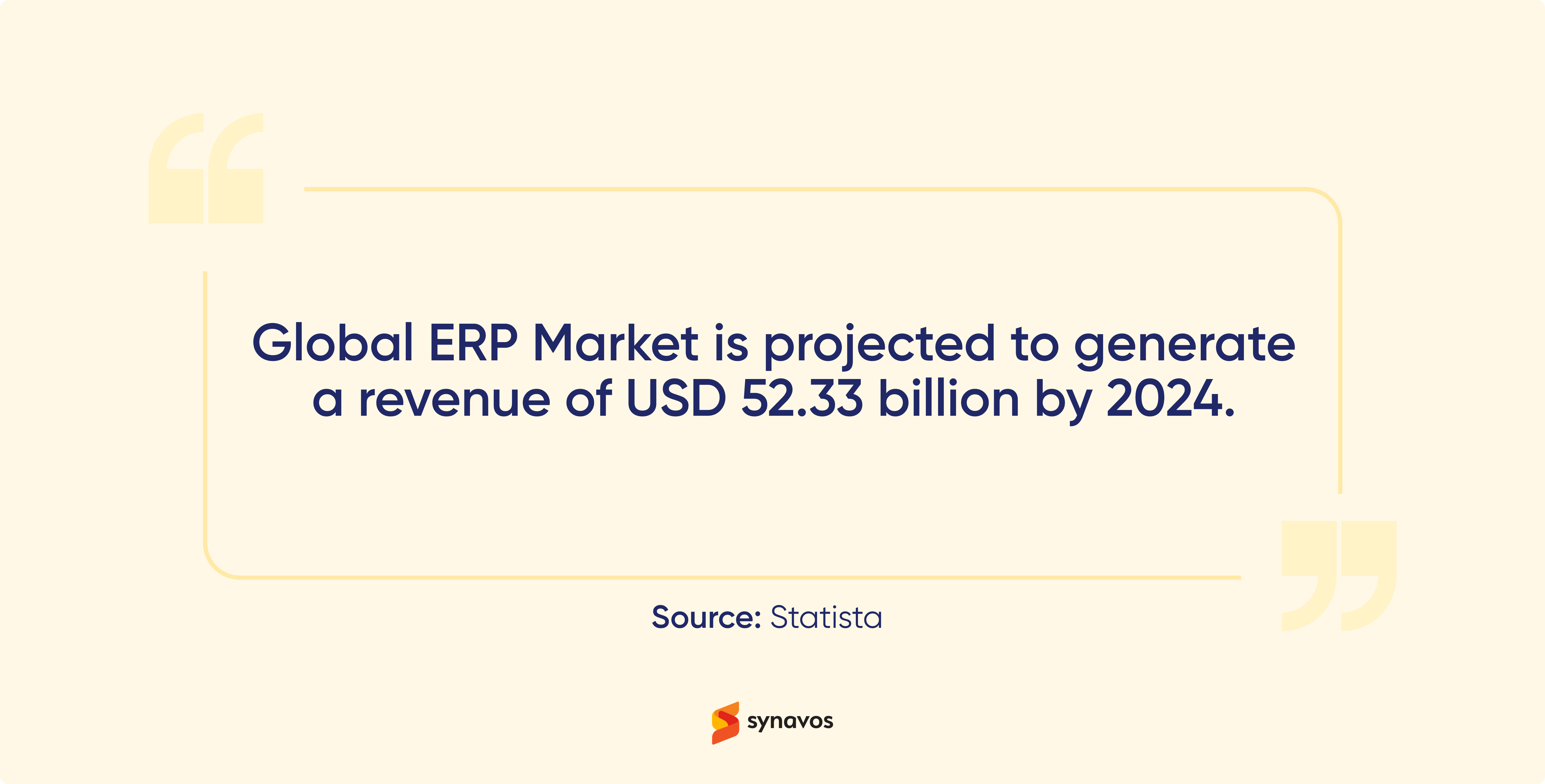
8. Improved Customer Service
Customer satisfaction is a key driver of business success. An outdated ERP system can hinder your ability to meet customer expectations. Re-implementing your ERP can improve order processing times, enhance communication with customers, and provide better visibility into customer histories and preferences. This leads to faster response times, more personalized service, and higher customer satisfaction.
9. Compliance and Security
Compliance with industry regulations and data security are critical concerns for businesses today. Legacy ERP systems may not have the necessary features to ensure compliance or protect against modern security threats. Re-implementing your ERP can incorporate advanced security measures and compliance features, reducing the risk of data breaches and ensuring adherence to regulatory requirements.
Considering an ERP change but unsure of the best approach? Check out our article on when to upgrade versus re-implement.
10. Competitive Advantage
In today's world, staying ahead requires leveraging the best tools and technologies. Re-implementing your ERP can give your business a significant competitive advantage by streamlining operations, improving customer service, and enabling better decision-making. A modern, efficient ERP system can help you respond more quickly to market changes, innovate faster, and deliver superior value to your customers.
Wrapping Up
ERP re-implementation is a strategic investment that can bring transformative benefits to your business. From improving operational efficiency to enhancing customer service and ensuring compliance, the advantages are substantial. If your current ERP system is holding your business back, consider opting for its re-implementation.
With an upgraded ERP, you will be able to position your business for sustained growth and success in the modern competitive market. Contact Synavos for expert guidance and support in your ERP re-implementation journey.








